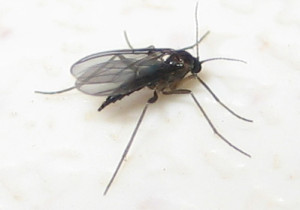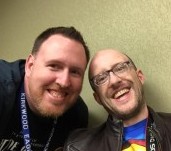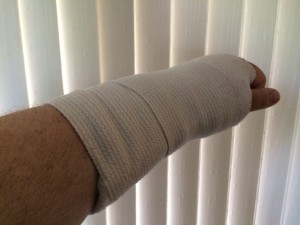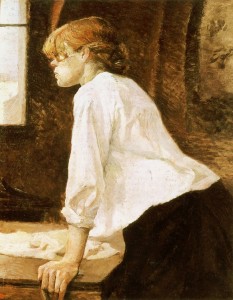They say there are two types of writers, planners and pantsers.
 Planners meticulously write out every setting, every character sketch, every plot point before the write “Chapter One” at the top of the first page.
Planners meticulously write out every setting, every character sketch, every plot point before the write “Chapter One” at the top of the first page.
Pantsers sit down with a blank page and write until it starts to make sense, and then the re-write what they’ve spewed forth into a story.
In reality, most people are somewhere in between. Some come up with detailed plots only to change them when they start to write. Others come up with a few milestones they want to hit along the way and then just go for it.
Personally, I’ve always been more of a pantser. I’ve usually written without any kind of plot or plan. Sometimes I have a vague idea of how I want things to end, and sometimes I don’t. This is, honestly, lots of fun. I will never forget the joy I felt the first time Vinnie hosted a party.
On the other hand, Pantsing is also my worst enemy. I get halfway through a novel, and I get stuck. This happens often. Way too often. I have restarted the sequel to Minion of Evil three times, and I still haven’t finished it–not that fun and not very productive.
In full disclosure, I did try to plan once before, and it was horrible. Everything fell apart by Chapter Two. But I’m crossing my fingers and hoping this was just a fluke.
So, lately, I’ve been thinking that despite my previous failure, it’s time to refine my writing style, incorporating more planning. I may not run into as many happy surprises, but I may finish more books. Over the next few weeks, I’m going to try to become a reformed pantser.

 Like many authors, I’ve spent time, some might say an excessive or obsessive amount of time, studying what makes writing effective. One of the sources
Like many authors, I’ve spent time, some might say an excessive or obsessive amount of time, studying what makes writing effective. One of the sources  So, I screwed something up today.
So, I screwed something up today. 
 So the other night at the con, I was telling an aspiring writer that it was okay to suck, and he cut me off before I had the opportunity to make my point, telling me he was not Stephenie Meyer.
So the other night at the con, I was telling an aspiring writer that it was okay to suck, and he cut me off before I had the opportunity to make my point, telling me he was not Stephenie Meyer.
 Okay, I haven’t really made a horrible mistake, but saying I “almost” made a mistake doesn’t sound nearly as dramatic.
Okay, I haven’t really made a horrible mistake, but saying I “almost” made a mistake doesn’t sound nearly as dramatic. There are two different things in this missive, so if the first one is boring, skip down to part B.
There are two different things in this missive, so if the first one is boring, skip down to part B.